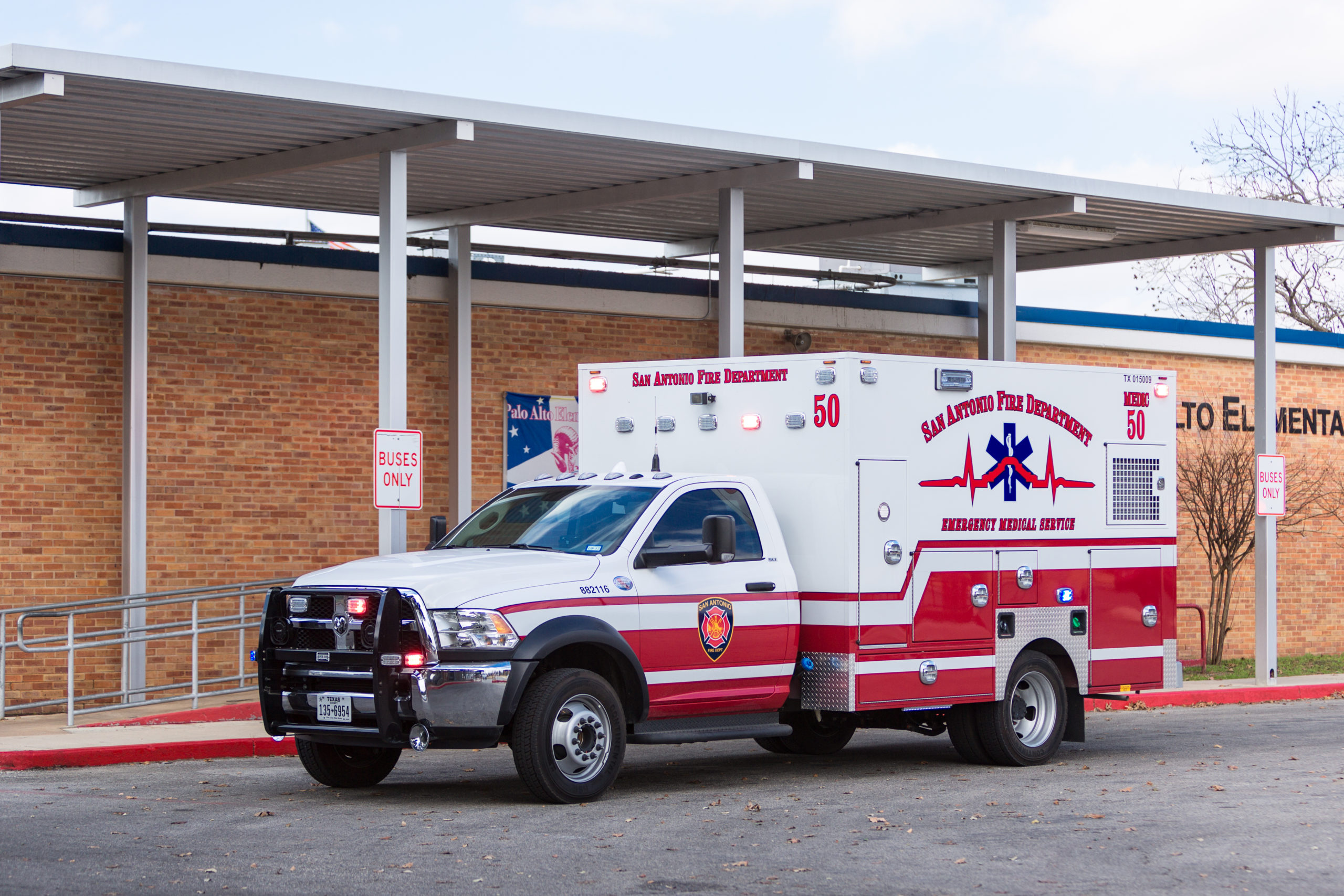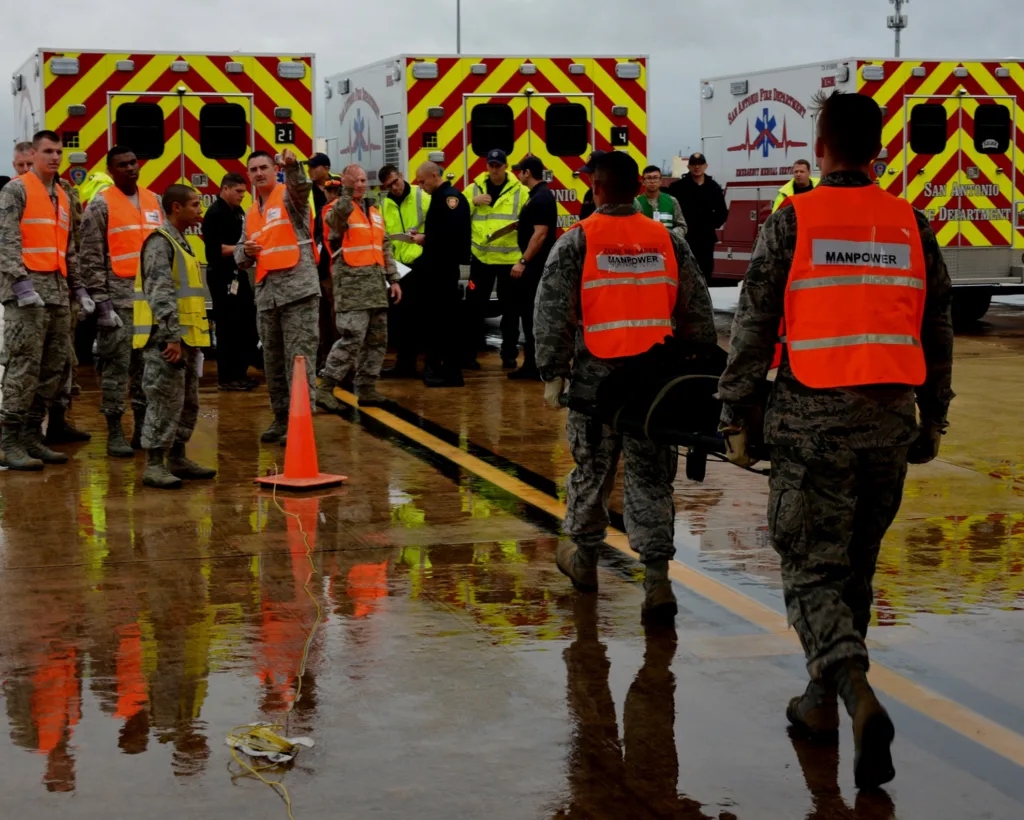Hospital Preparedness Program


The Hospital Preparedness Program (HPP) provides leadership to improve surge capacity and enhance community and hospital preparedness to respond to emergencies and disasters. The program is managed by the Office of the Assistant Secretary for Preparedness and Response (ASPR), which provides programmatic oversight and works with partners such as STRAC to ensure the program’s goals are met or exceeded.
HPP has advanced the preparedness of hospitals and communities in numerous ways, including through planning for all-hazards, increasing surge capacity, tracking the availability of beds and other resources using electronic systems, and developing communication systems that are interoperable with other response partners.
If you would like more information on the STRAC Hospital Preparedness Program, please Contact Us.
History of the Hospital Preparedness Program
The National Bioterrorism Hospital Preparedness Program (NBHPP) was established by the U.S. Department of Health and Human Services (HHS) in 2002 to enhance hospitals’ ability to respond to a biological attack. The Health Resources and Services Administration (HRSA) originally administered the program and provided funding and guidance to hospitals. NBHPP supported increases in stockpiles of equipment, supplies, and pharmaceuticals that would not have been purchased by financially strained institutions without the program.
In 2006, the Pandemic and All-Hazards Preparedness Act established the Assistant Secretary for Preparedness and Response. ASPR’s mission areas cover a wide array of preparedness and medical response capabilities, including the National Disaster Medical System (NDMS) its Disaster Medical Assistance Teams (DMATs), the Biomedical Advanced Research and Development Authority (BARDA), the National Health Security Strategy (NHSS), and the HPP. In its new location, the HPP would be poised to ensure the healthcare system preparedness enterprise supports identified and newly emerging medical surge capacity and capability requirements at all levels of government, those identified during real-time medical and public health events, and through Federal and State/local/territorial and tribal coordinated exercises.
Since the implementation of the Pandemic and All-Hazards Preparedness Act (PAHPA), the program made a major programmatic shift from bioterrorism and an emphasis on capacity building (e.g., quantities of surge beds, amount of PPE, etc.), to an all-hazards preparedness approach under PAHPA, emphasizing capabilities (e.g., use hospital staff, resources, training, etc.) to provide care in the event of a real or simulated event.
In 2023, the federal government realigned the functions of ASPR to reflect the changes mandated by the 21st Century Cures Act, the PAHPA, and Advancing Innovation Act to address ever-increasing manmade and naturally occurring threats which degrade public health, access to healthcare, access to emergency medical services and national security. ASPR is now the Office of the Administration for Strategic Preparedness and Response allowing for ASPR to be operational and able to mobilize a coordinate national response during future disasters.
Committees and Workgroups
Communications
Decontamination / Radiation Safety
EMS / Hospital Disaster Group (EHDG)
Everbridge Users
Exercise
Hospital Plans / Advisory Group
Infection Control
Materials and Facilities Managers
Joaquin Jaimes
Mental Health
Regional Medical Operations Center Training
Security Directors / Unified ID Badge
Contact MEDCOM
210-233-5815
MEDCOM Helps With:
- Trauma Patient Transfers
- Extended EMS Wall Times
- HELP Calls
- Request for EMTF 8 Assets
- Rescue Team Requests
Public Health Contacts
Metro Health
Phone: 210-207-8780
Site: San Antonio/Bexar County Public Health Authority
DSHS Region 8
Phone: 210-949-2000
Site: DSHS Region 8 Public Health Authority
Additional Public Health Contacts
Hospital Preparedness Program Resources
| Title | Categories | Link | hf:doc_categories |
|---|